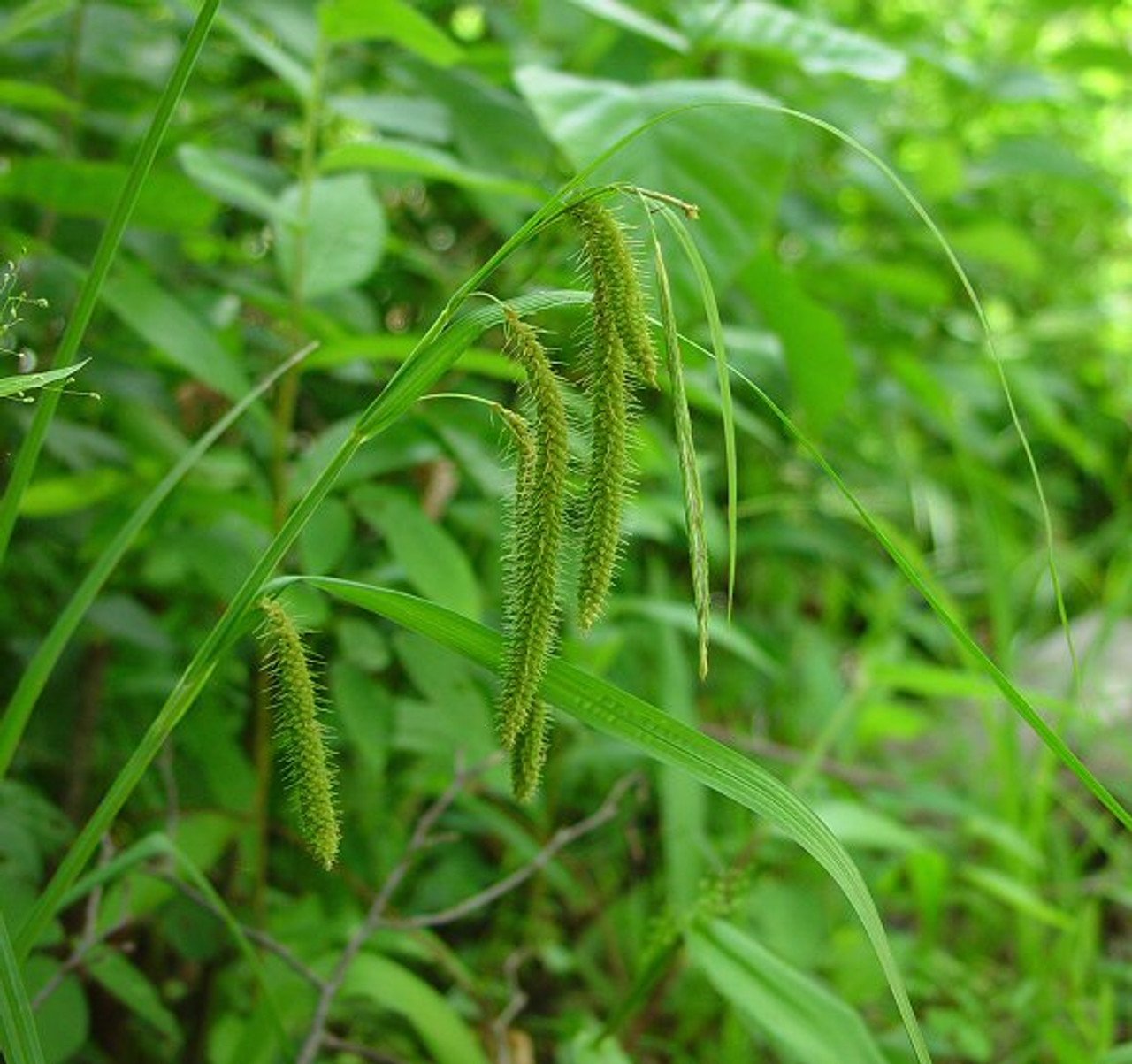HABIT
Height: 3’
Bloom Time: early summer
SITE CONDITIONS
Light: sun, part sun
Soil: wet, medium-wet
CULTIVATION TIPS
Establishment: slow to size up but forms large attractive arching clumps
Deer Resistance: high
INTERACTIONS
Wildlife Value: food source for wetland birds and turtles
CONSERVATION
Native Range: local ecotype
Seed Origin: Massachusetts
